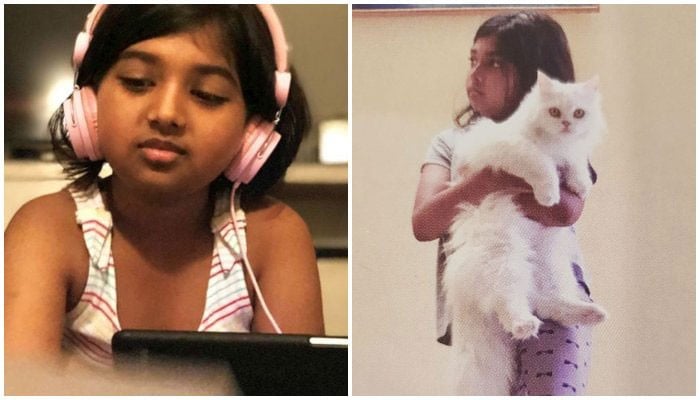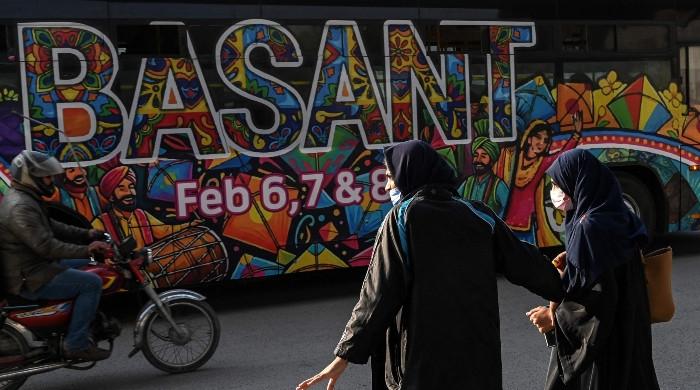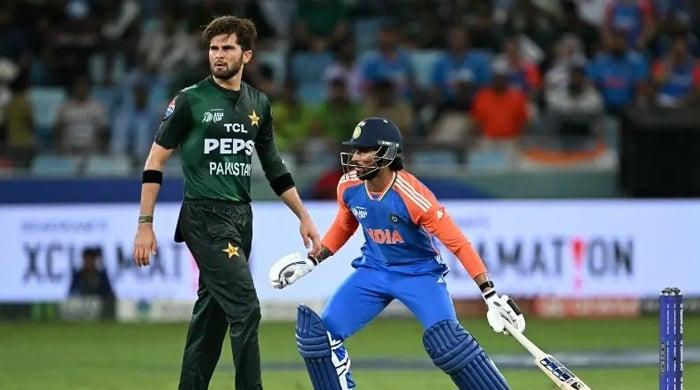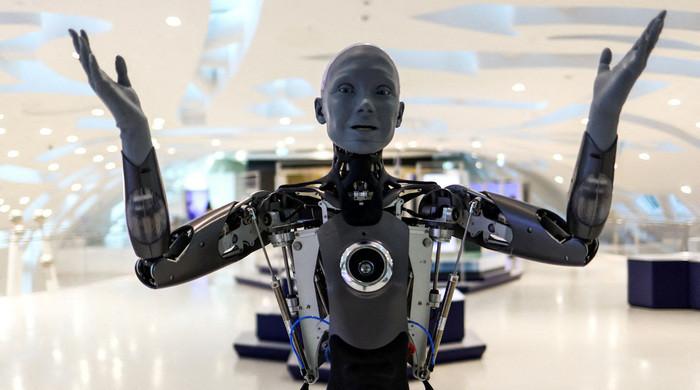Amal—the hope will live!
'10-year-old Amal lost her life but it is Pakistan's criminal justice system that is on trial here; we need to make sure that this failed system does not win again against its own citizens.'
September 18, 2018
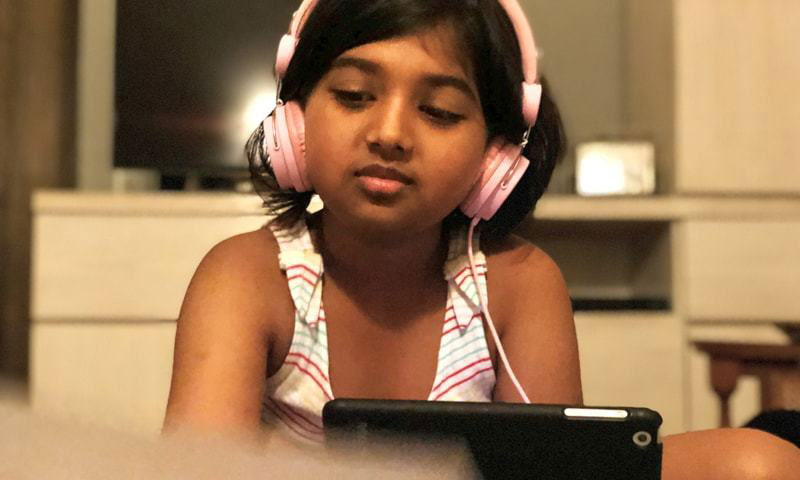
Street crimes plague many big cities in the world. Karachi is also among them, where people casually narrate incidents of mugging, snatching, and armed robbery. Even with such a high rate of street crimes, the only protection and precaution suggested for the victims is not to carry expensive phones or bags and surrender everything without uttering a single word.
That's all!
We need to take a moment to reflect on this.
Now that the MQM has lost its strength after the Karachi operation and banned outfits wiped off after military action, who will bear the blame for all this?
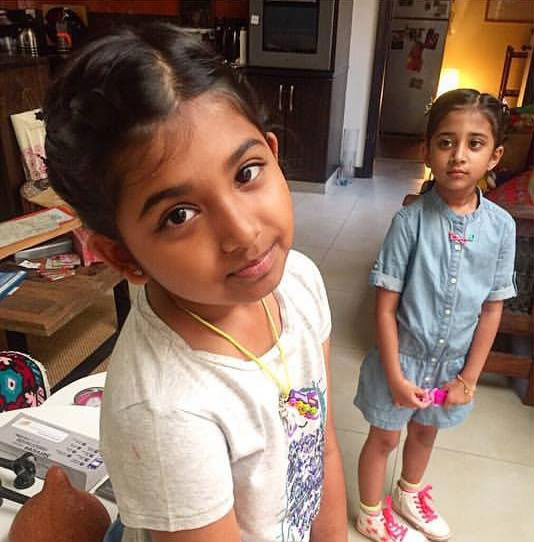
10-year-old Amal lost her life on the night of August 13, apparently by a robber’s bullet, but two days later, it transpired that the killer bullet was shot from a police officer's gun.
Amal was breathing when she was brought to the hospital but was denied treatment and her family advised to go to either the JPMC or AKUH because only they could take these legal cases where police were involved.
Not only did the hospital management refuse treatment but also asked the parents to arrange the ambulance personally. The doctor on duty watched the child die but did nothing to save her. Is this the purpose of their oath of saving lives? The NMC's refusal to give first aid raises a grave concern and a critical question for the private hospitals.
After being forsaken by the NMC, Aman Foundation — an NGO run by the common man's donation — demanded the confirmation of a bed before sending their ambulance. People donate to the Aman Foundation to help save lives but the organisation refused to serve when the need arose.
The whole incident reveals a blatant failure of the system. We need to ask some stark questions from ourselves and the authorities.
Why have the law enforcement agencies in Karachi, the biggest city of Pakistan that has undergone four large-scale operations in the last 28 years and where police and Rangers patrol night and day, failed to control violent crime?
Who has given police the authority to shoot any criminal at sight, especially in crowded public spaces?
Who decides to allow police in civilian areas to carry heavy weaponry meant to be used in war zones?
Why are the carriers of these weapons not trained to assess the situation and use their weapons properly?
Does every police officer, by virtue of wearing the uniform, make themselves eligible to carry such weapons or are they allotted to them after adequate training?
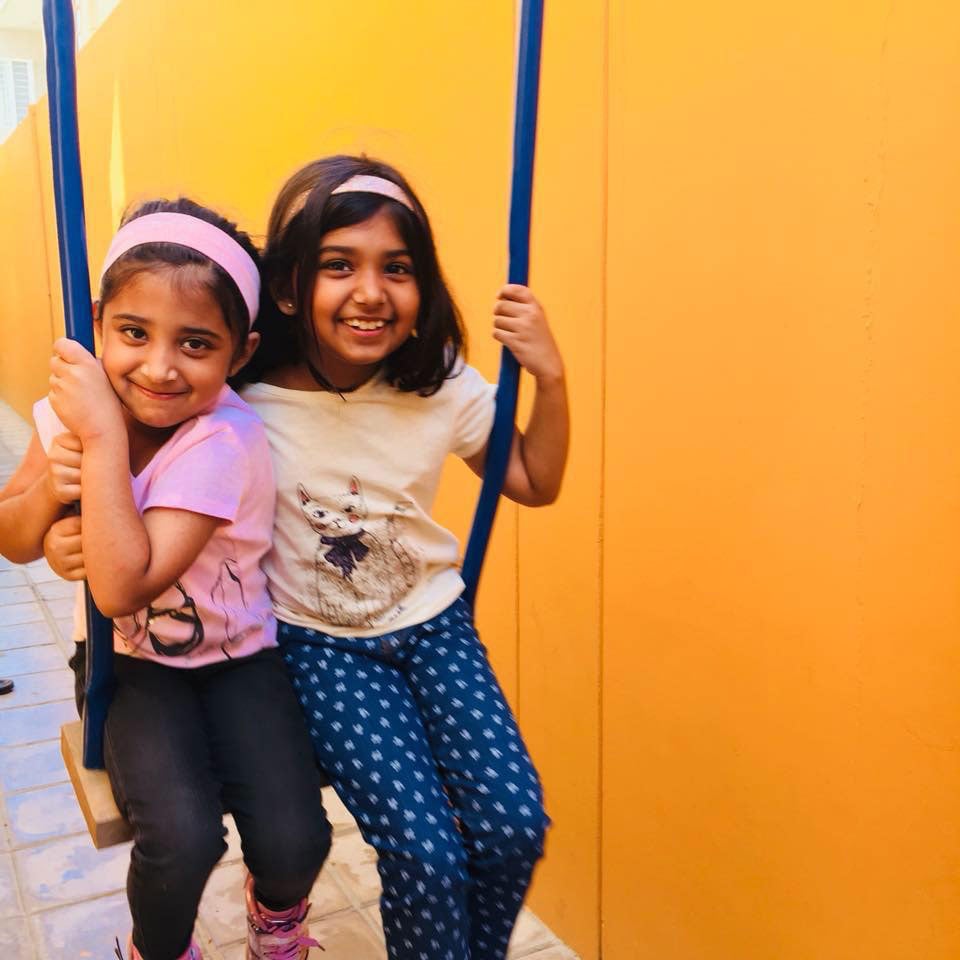
Why do hospitals fail to administer the initial life-saving treatment to the critically injured?
Is the fear of facing cases in courts bigger than the professional responsibility of saving lives?
Should the court be feared for the delay in cases or for the timely justice that they serve?
Will the Chief Justice of Pakistan — who takes notice of everything under the sun, from raising funds for building dams to controlling school and hospital fees — take notice of this incident on a priority basis?
The courts need an overhaul to become not only effective but also efficient in a timely dispensation of justice. Police often try to shoot criminals on the scene because taking suspects to the courts either means the case becomes a pending one or the suspects are released on bail.
Doctors hesitate from getting involved in police cases over the fear of being asked to appear in court as witnesses over and over again for years on end. Kabhi judge nahi aaya, kabhi late aaya, ya kabhi kuch aur (The judge was absent or late or some other reason). And so medical professionals prefer to stay away from all the fuss.
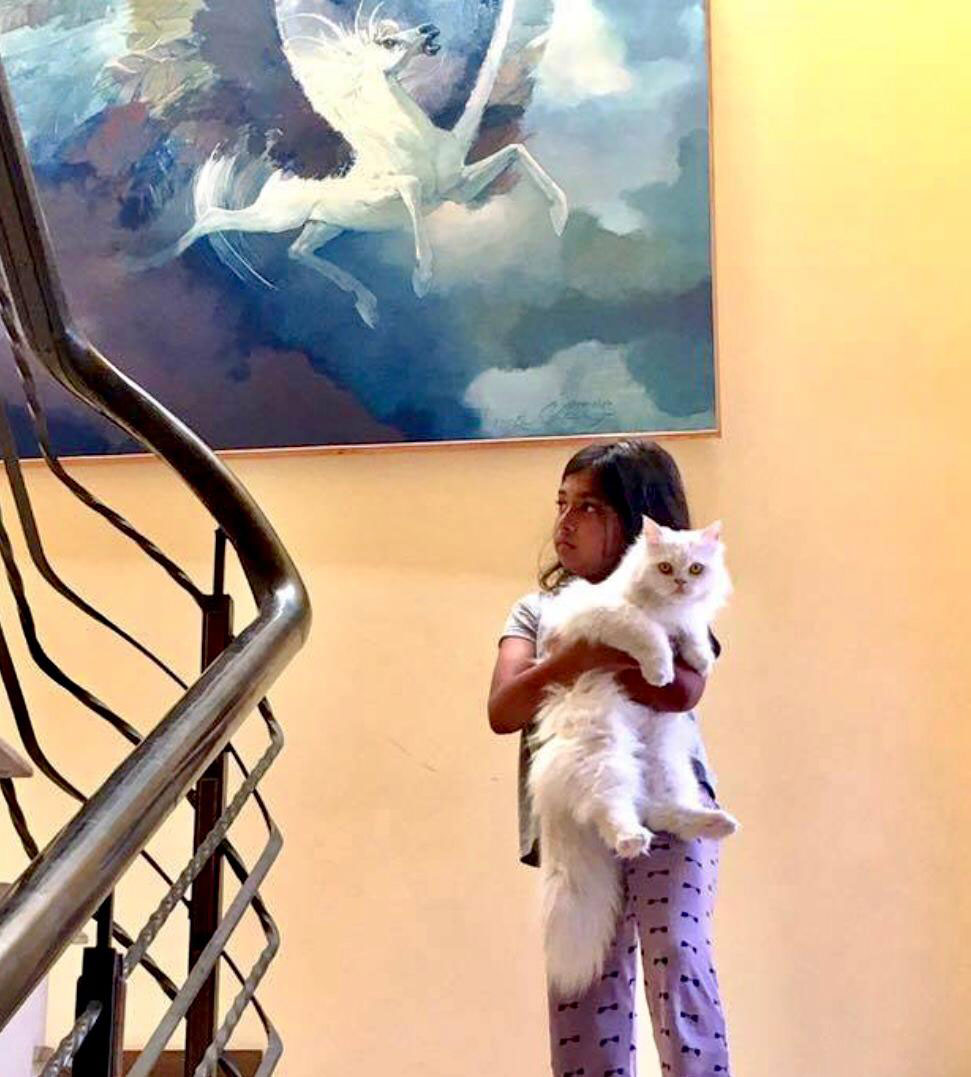
Even after witnessing such blatant flaws in the system that may affect any of us as residents of this city, most of the people have advised Amal’s parents against filing a petition, with absurd reasons like "they have a life to live and a daughter to look after" and that these "court cases take a huge investment of health, wealth, and time without a guarantee of justice being served".
People may be right in saying court action won't bring their child back, Allah ki maslehat hogi (God may have a bigger plan), He knows better, and that they should move on. But does this not show God's plan that even though Amal could have died by an illness or a car accident, he chose to take her in this particular way and gave us a chance to realize our negligence, review the flaws in our system, revisit the rigid institutional policies, and change them forever, for the better?
This is not the first incident. Muggings, robberies, and kidnappings are a routine for those dwelling in Karachi but people stay quiet because kon thane aur court kachehri k chakkar katey ga salha saal; umar guzar jaey gi insaf mangtey mangtey (Who would make appearances in courts for years; a lifetime will pass, begging for justice). So they choose to sit back, accept it as their fate, and do not pursue the case, letting things remain unchanged.
Someone has to come forward to challenge the system and force the authorities to review institutional policies on weapons, urgent medical aid, and life-saving services, at least, and to ensure timely dispensation of justice. It would help ensure that people do not hesitate in filing cases against the outlaws, street crimes are countered effectively, and precious lives are saved.
Amal's death was caused by a bullet but it is Pakistan's criminal justice system that is on trial here and we need to make sure that this failed system does not win again against its own citizens.
The author has a background in communication studies and works on media analysis
Note: The views expressed are those of the author, and do not necessarily reflect the official policy or position of Geo News or the Jang Group.
